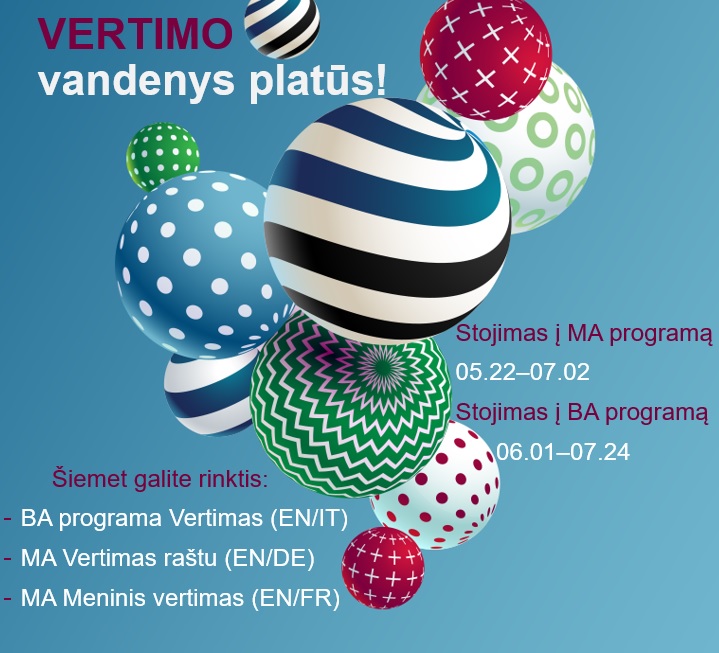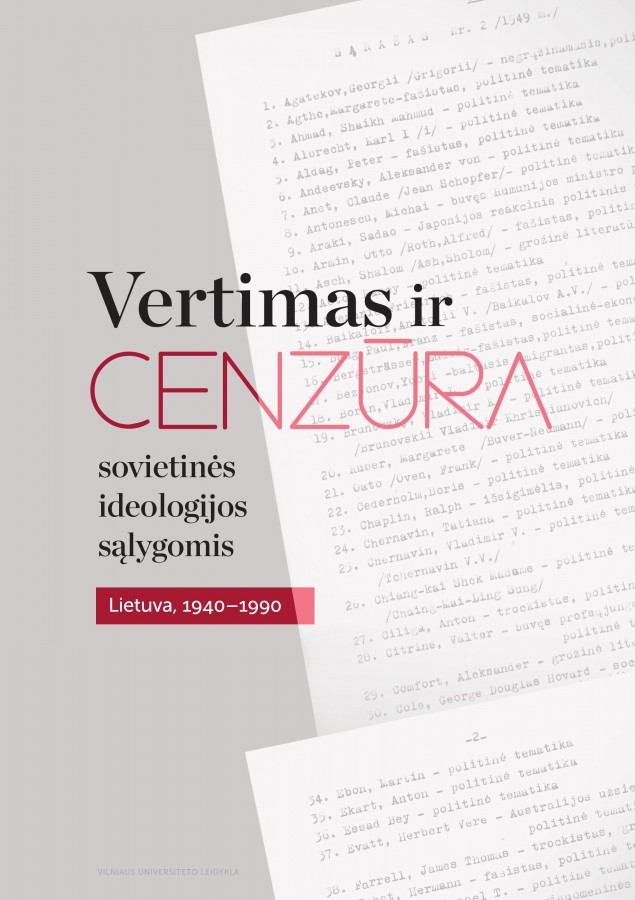Anastasija Belovodskaja
BASIC INFORMATION
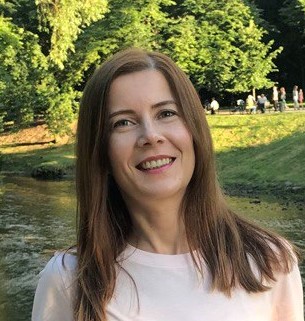
Associate professor
Address: Universiteto 5, LT-01513 Vilnius
Phone: +370 5 268 7224
Email: anastasija.belovodskaja@flf.vu.lt
Office hours: contact by email
Research interests:
- Media Linguistics
- Cognitive Linguistics
- Semantics and Pragmatics
- Foreign Language Teaching Methodologies
Courses taught:
- Media Linguistics (1 and 3 semesters, MA)
- Semantics and Pragmatics (MA)
- Cognitive Linguistics (MA)
- Introduction to Linguistics (seminar, BA)
- Modern Russian: grammar, stylistics (BA)
- Lexicology and Lexicography (BA)
- Didactics and methodology of teaching Russian language (BA)
- Russian as Foreign Language (Erasmus)
PUBLICATIONS
Vilnius University Publications Database
Google Scholar profile:
https://scholar.google.com/citations?user=pHL6XIkAAAAJ&hl=ru
Main Publications (2019-2024)
Belovodskaja, A. Kępa-Figura D., Szkudlarek-Śmiechowicz E. (2024) Clickbaitism and Trust in Media Outlets In: Trust, Media and the Economy Mutual Relations (edited by Joanna Paliszkiewicz, Jerzy Gołuchowski, Katarzyna Zdanowicz-Cyganiak, Kuanchin Chen), p. 42-59 Routledge.
Belovodskaja, A. (2023). Selfie discourse and social network communication in the age of artificial intelligence (RU: Селфи-дискурс и сетевая коммуникация в эпоху искусственного интеллекта). In: Przegląd Rusycystyczny 3 (183), p. 110-124 DOI 10.31261/pr.15357
Belovodskaja, A. (2023). Meme as a weapon of mental wars (RU: Мем как оружие ментальных войн). In: Język – Polityka – Ideologia. Tom 1, p. 10-27. Wydawnictwo Uniwersytetu Gdańskiego. Red. Żanna Sładkiewicz Marta Noińska
Belovodskaja, A. (2021). Speech Etiquette of Russian-Speaking Online Communities in Lithuania. Book chapter. In: Duskaeva L. (eds) Speech Etiquette in Slavic Online Communities. Palgrave Macmillan, Cham. p.177-202 https://doi.org/10.1007/978-3-030-81747-3_8
Belovodskaja, A., Hornáček Banášová M., Katinas D., Lipavic Oštir A., Lipovec A., Volungevičienė S. (2021). Mathematics for life. Soft-CLIL Module for RFL (Математика для жизни. Модуль Soft-CLIL по РКИ): Textbook, 141 p., Teacher‘s book, 89 p., CD). University of Ss. Cyril and Methodius in Trnava http://kger.ff.ucm.sk/de/softclil-projektergebnisse/
Belovodskaja, A., Korostenskienė J. (2021). Humour of Solidarity in Russian-Speaking Discourse on Social Networking Groups in Lithuania. Book chapter. In: The Ethics of Humour in Online Slavic Media Communication. Routledge. doi:10.4324/9781003139584-13. p. 139-153
Belovodskaja, A., Korostenskienė J. (2020). Address terms among the Russian ethnic minority in Lithuania in offline and online communication: an emerging new identity. Studies of transition states and societies, vol. 12, no. 2, p. 38-61
http://publications.tlu.ee/index.php/stss/article/view/853/723
Belovodskaja, A. (2019). Об исследовательском потенциале изучения хэштега как медиадискурсивного феномена (On expanding the research opportunities of the hashtag as a media discourse phenomenon). Media linguistics, 6 (1), p. 60-74. DOI: 10.21638/spbu22.2019.105
Belovodskaja, A. (2019). Власть симулякра в эпоху новых медиа: к вопросу об изучении информационных аномалий в цифровом медиапространстве (The power of simulacrum in the age of the power of new media: to the question of information disorder in the digital space). Perswazja językowa w różnych dyskursach (Language persuasion in various discourses), t. 3/ Red. Ż. Sładkiewicz, A. Klimkiewicz, M. Noińska. Tom III, Gdańsk: Wydawnictwo Uniwersytetu Gdańskiego, ISBN 9788378658016, p. 168-192.
PhD dissertation
- Сетевая пародия как лингвокогнитивный феномен (в контексте современного анонимного сетевого творчества); EN: Network Parody as a Linguo-Cognitive Phenomenon (in the Context of Contemporary Anonymous Online Creativity). Vilnius University, 2012.
Projects (2019-2024)
- Project “Optimising Language Teaching and Learning through Generative Artificial Intelligence (GAI)” (National Programme for the Professional Development of Educational Staff, excluding higher education personnel); Member of the programme development team (2024-2025); Lecturer in the programme (2025) https://atviri.emokymai.vu.lt/course/view.php?id=499
- Project „Pedagogų rengimo studijų programų dalykų turinio skaitmenizavimas" (VU). Project expert 2021.10.25 – 2022.08.31 https://atviri.emokymai.vu.lt/course/view.php?id=232
- Project „TestU Online - free portal of tests for education” (Erasmus+ KA2; Slovenská akademická asociácia pre medzinárodnú spoluprácu). Project researcher 2021 04 01 – 2023 03 31
- Project „Tęsk” (Institute of Educational Sciences at Vilnius University; 09.2.1-ESFA-V-727-01-0001): Practice Leader 2020 10 30 – 2021 06 11
- Project „Problemorientierter Soft CLIL Ansatz für nichtenglischen FS-Unterricht” (Erasmus+ KA2; http://kger.ff.ucm.sk/de/softclil-projektergebnisse/). Project researcher 2018 09 01 – 2021 08 31
Reviewer for scientific journals:
The European Journal of Humour Research
Acta Universitatis Lodziensis, Folia Linguistica (2024 – 2025)
INFORMATION FOR STUDENTS
Courses taught
https://emokymai.vu.lt/?lang=en
https://atviri.emokymai.vu.lt/course/view.php?id=232
https://atviri.emokymai.vu.lt/course/view.php?id=499

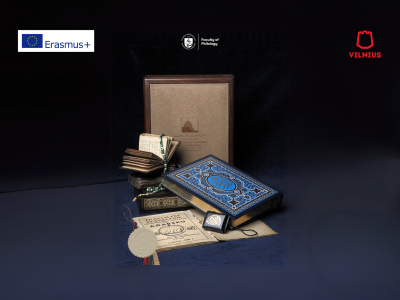
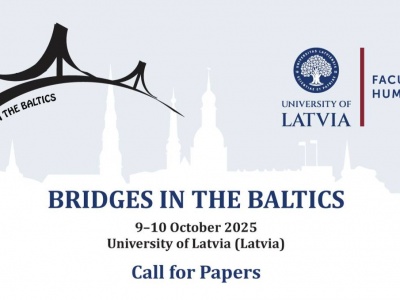
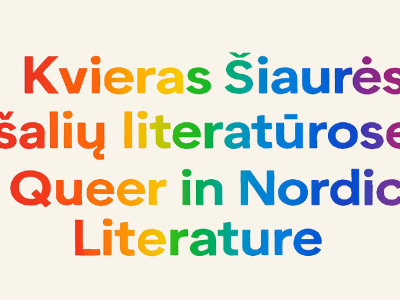
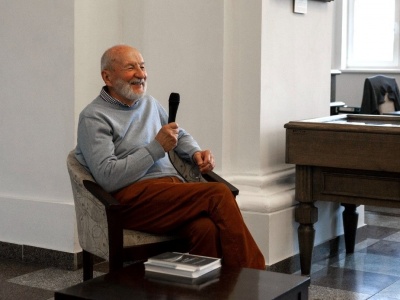
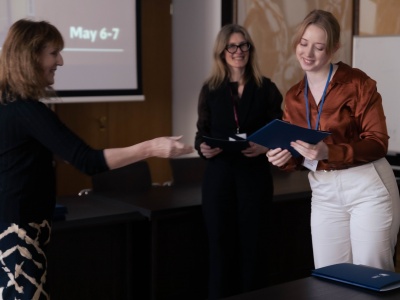
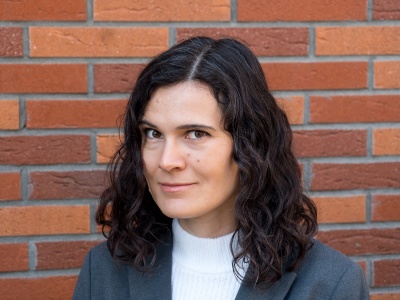
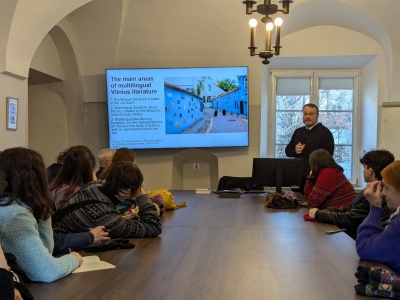
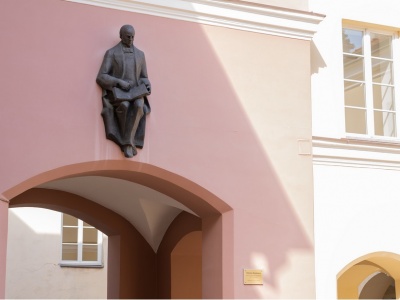




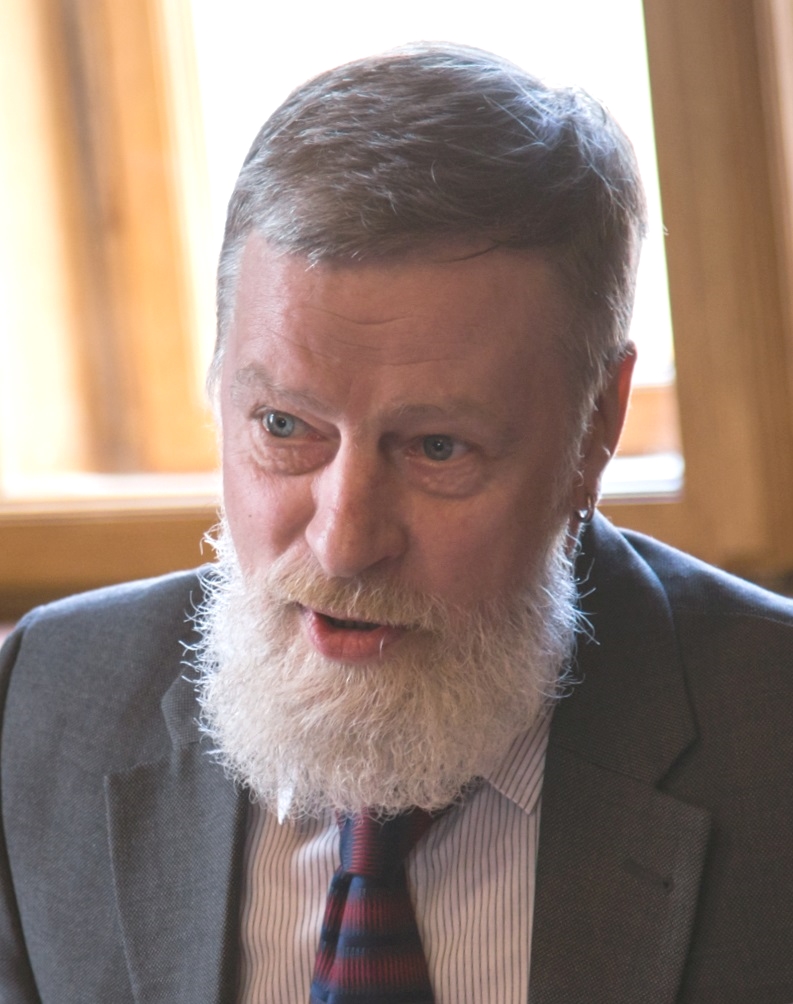 Assoc prof dr,
Assoc prof dr, 